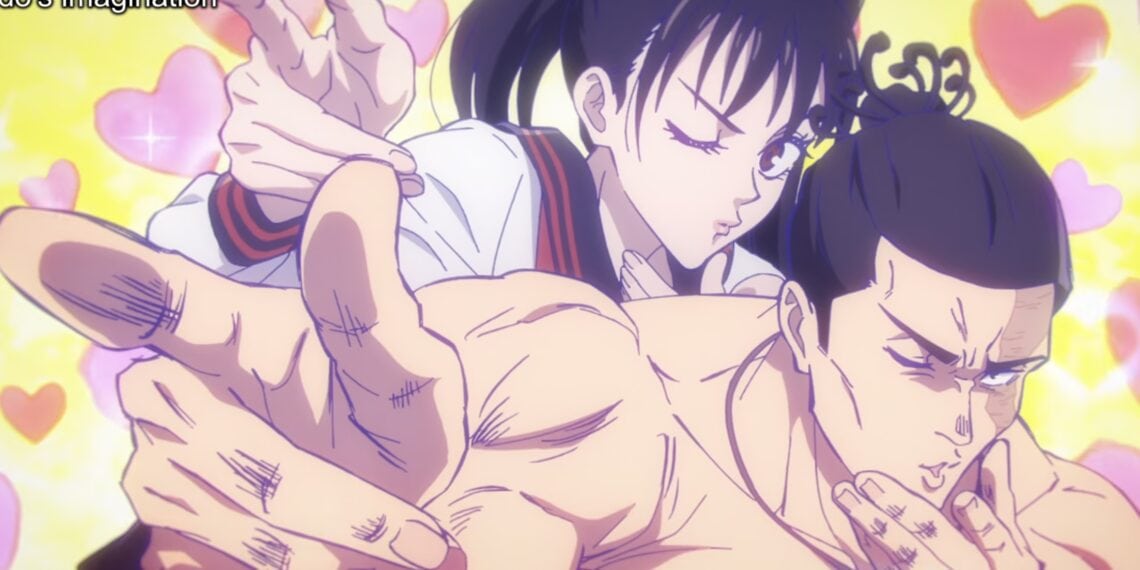The lead animator working on the second season of the popular anime series Jujutsu Kaisen was recently subjected to intense criticism and harassment from some fans only because he animated the fan-favorite character, Todo, in a schoolgirl uniform.
This went beyond just feedback on their work to include personal attacks, discouraging comments, and even disturbing death threats.
While thoughtful critique of creative work is reasonable, this situation crossed the line. No entertainment professional should have to face such a wave of hostility and abuse.
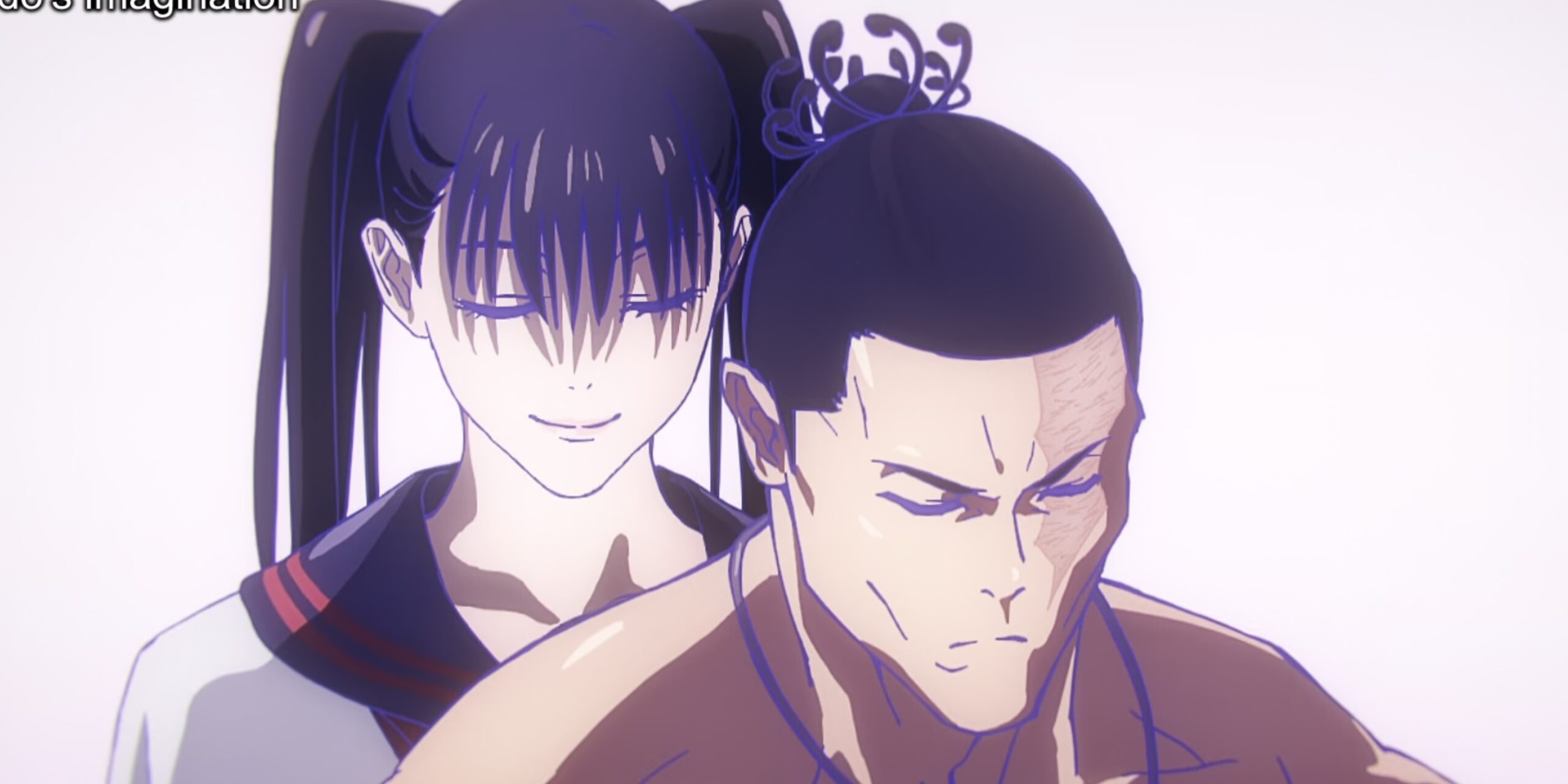
It highlights an unfortunate toxic tendency that can emerge in fan communities when criticisms morph into harassment.
This incident serves as an important reminder that animators and other creators are real people dedicating their skills and passions to these projects.
They do not deserve to be targets of aggressive personal attacks, no matter one’s opinions on their work.
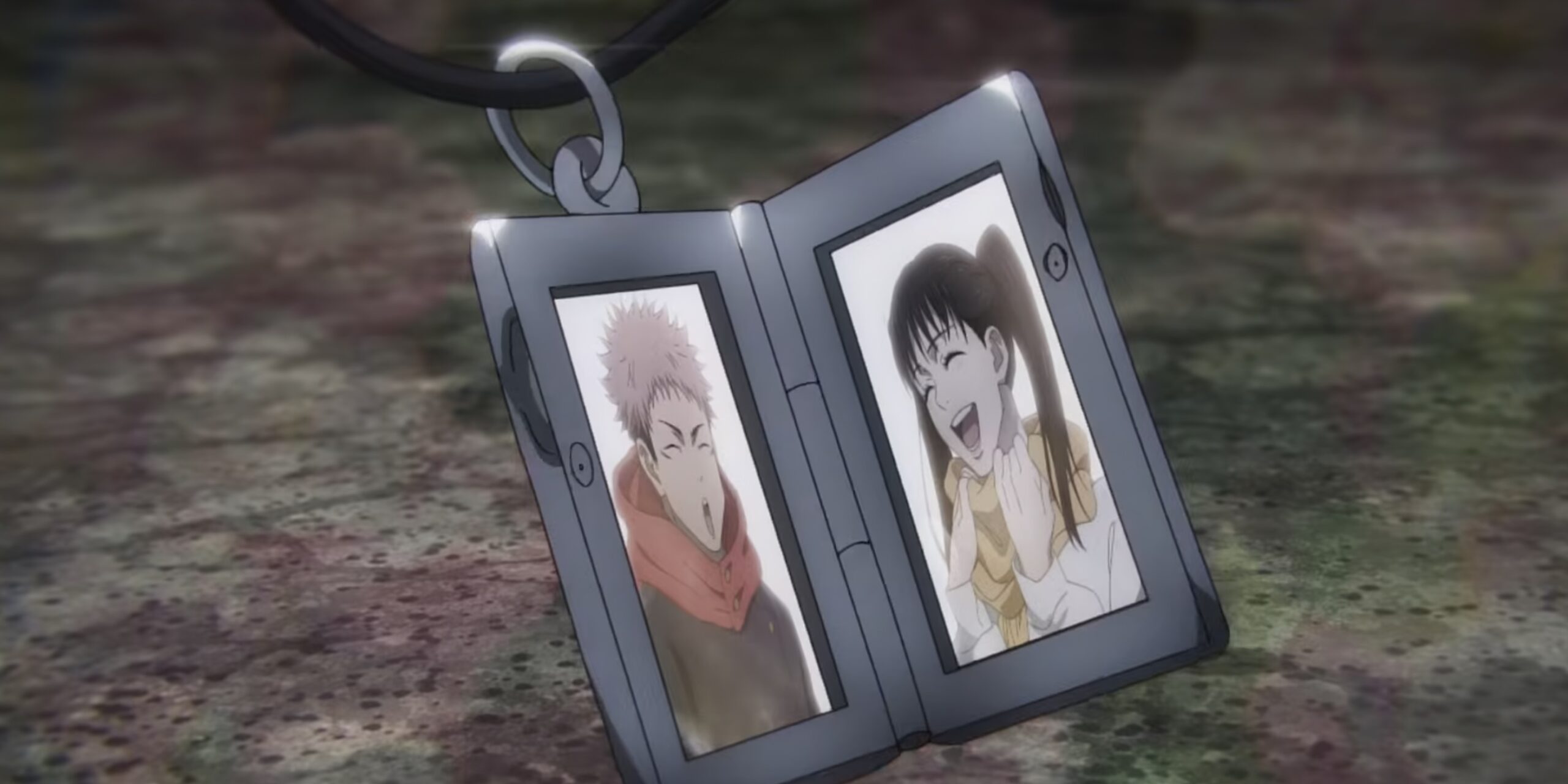
Fandoms would do well to promote a culture of constructive feedback and civil discussion instead. That allows for good-faith critiques without descending into extremism or cruelty.
Animator of Jujutsu Kaisen Threatened for Depicting Todo in Schoolgirl Outfit
Unfortunately, one of the lead animators for the second season of the popular anime Jujutsu Kaisen became the target of intense backlash over their work on the show.
After animating an additional scene focused on Todo, including a segment of him in crossdress, the animator was bombarded with criticism.
In the name of criticism, one of main animator of JJKS2 was attacked, harrassed, discouraged & even received death threat
All cuz they animated that extra scene of Todo, especially him in cross dress
Yet the animator apologies due to his beautiful soul. Shame on those JJK fans pic.twitter.com/O0HmbuwnCo
— Jujutsu Kaisen (@Go_Jover) December 15, 2023
However, this rapidly escalated into hostile harassment, personal attacks, threats, and even disturbing death threats directed their way.
While thoughtful critique of creative projects is reasonable, this animator was subjected to an onslaught of cruelty for simply doing their job.
That they even felt the need to apologize for animating what was in the story is disheartening. No entertainment professional should ever face such aggressive discouragement or life-endangering threats for their contributions.
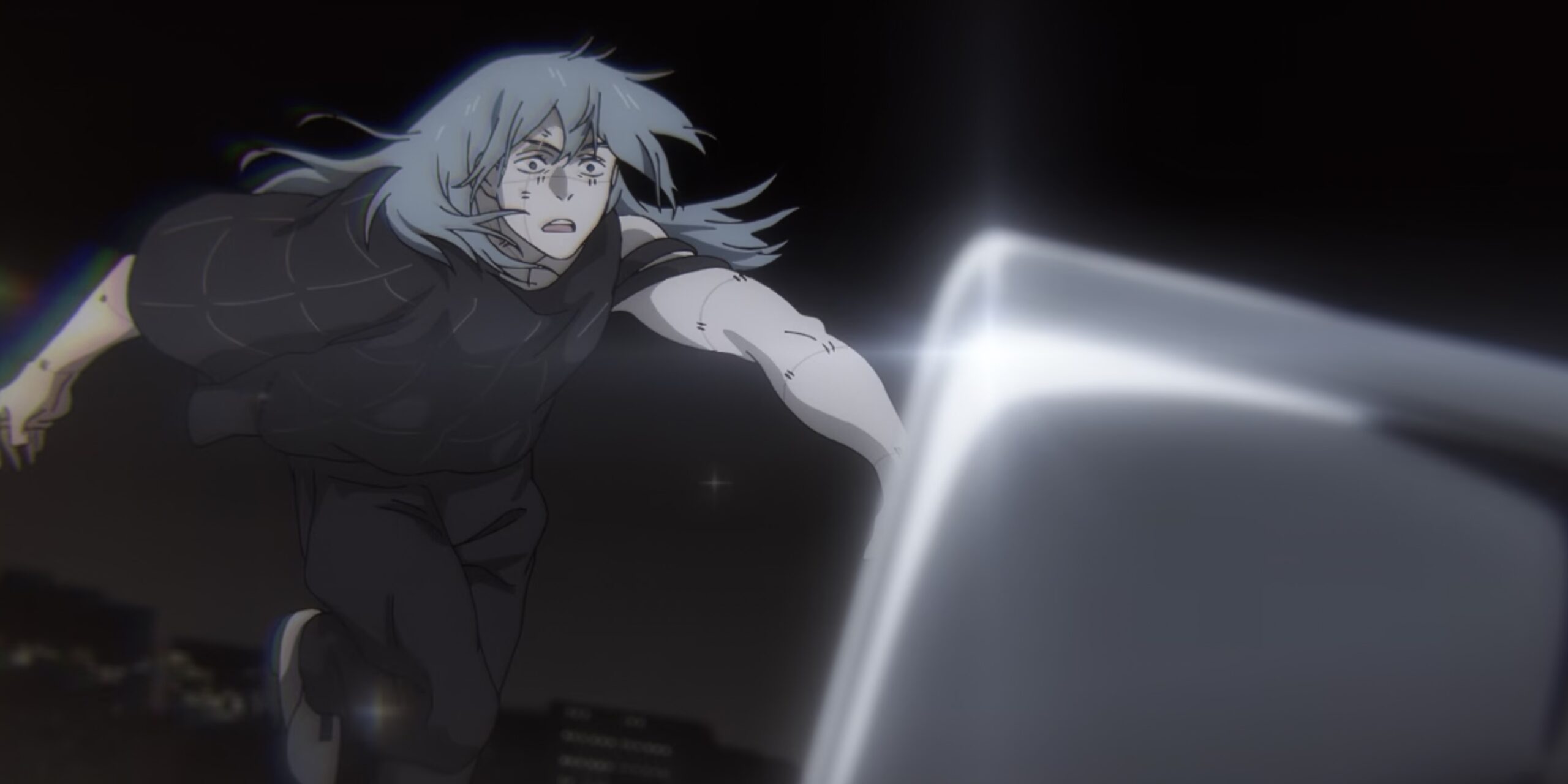
This incident reflects very poorly on certain segments of the Jujutsu Kaisen fandom who participated in or fueled this toxic hatred.
It serves as a sobering reminder that animators and creators are real people behind these shows we enjoy.
They deserve basic respect and constructive feedback, not vicious harassment for scenes or characters that some fans happen to dislike.
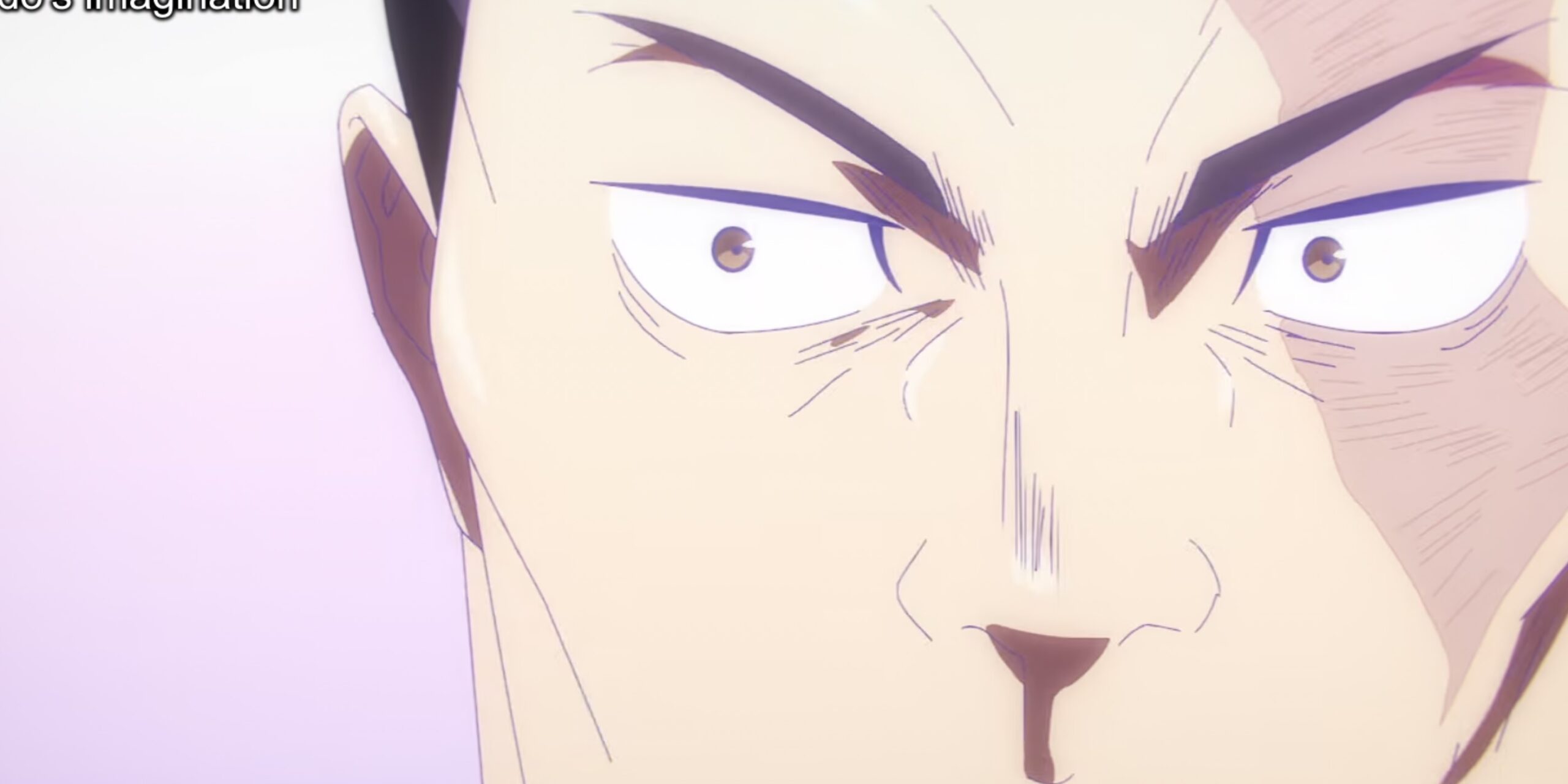
One can only hope the animator recovers from this ordeal and that the broader fan community strives to promote civil discussion over such extreme attacks in the future.
Why Fans Disliked The Scene?
A segment of the fanbase has voiced criticism towards a scene depicting the character Todo in feminine attire.
Some supporters of the animator have labeled this criticism as narrow-minded and perhaps stemming from certain traditional values.
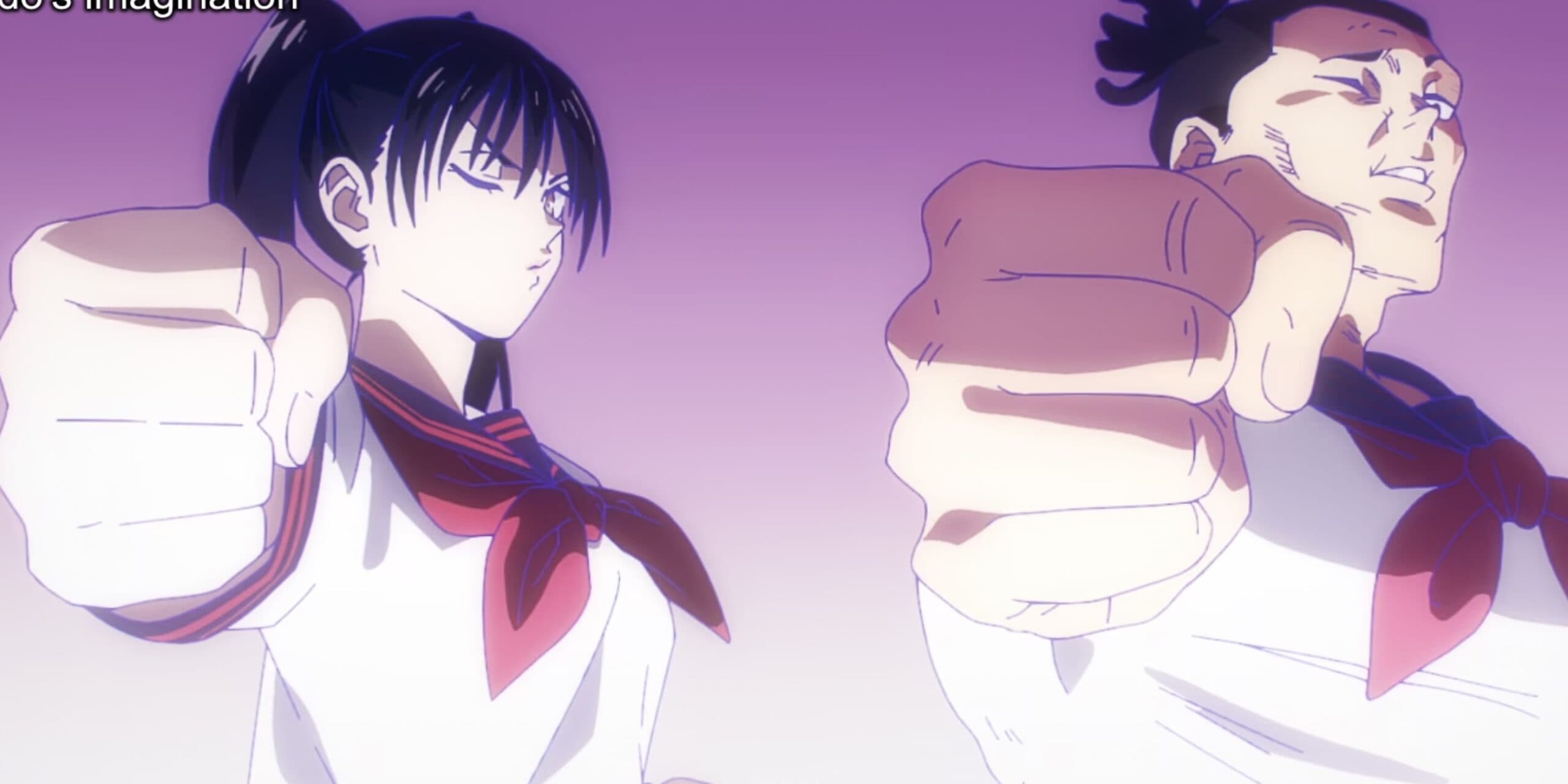
However, the core objection from these fans likely originates from their view of Todo as an icon of strength and masculinity.
For this portion of the audience, seeing a powerful male character dressed contradictorily to these ideals proved unacceptable despite the creative intentions behind the scenes.
While debates continue around artistic expression versus audience expectation, there appears to be a fundamental divide in how this character is interpreted symbolically.
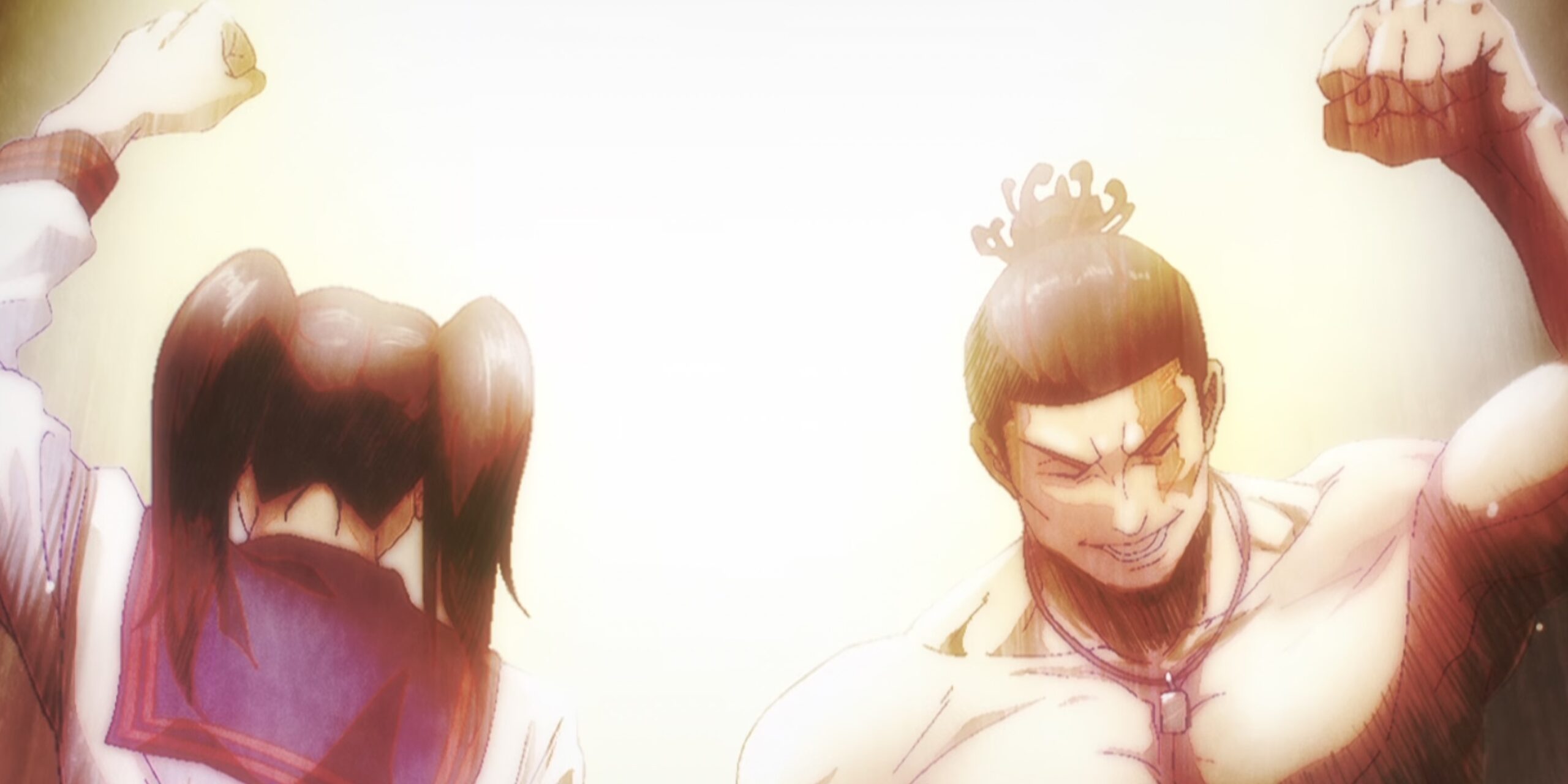
Discussions have become polarized, with some perceiving the backlash as closed-mindedness while others see it as a defense of what this character represents to them.
Jujutsu Kaisen Animator Apologizes for Unintentional Behavior
After animating an additional scene focused on the character Todo in crossdress attire, the animator faced much criticism from more conservative Islamic viewers who took offense to this content.
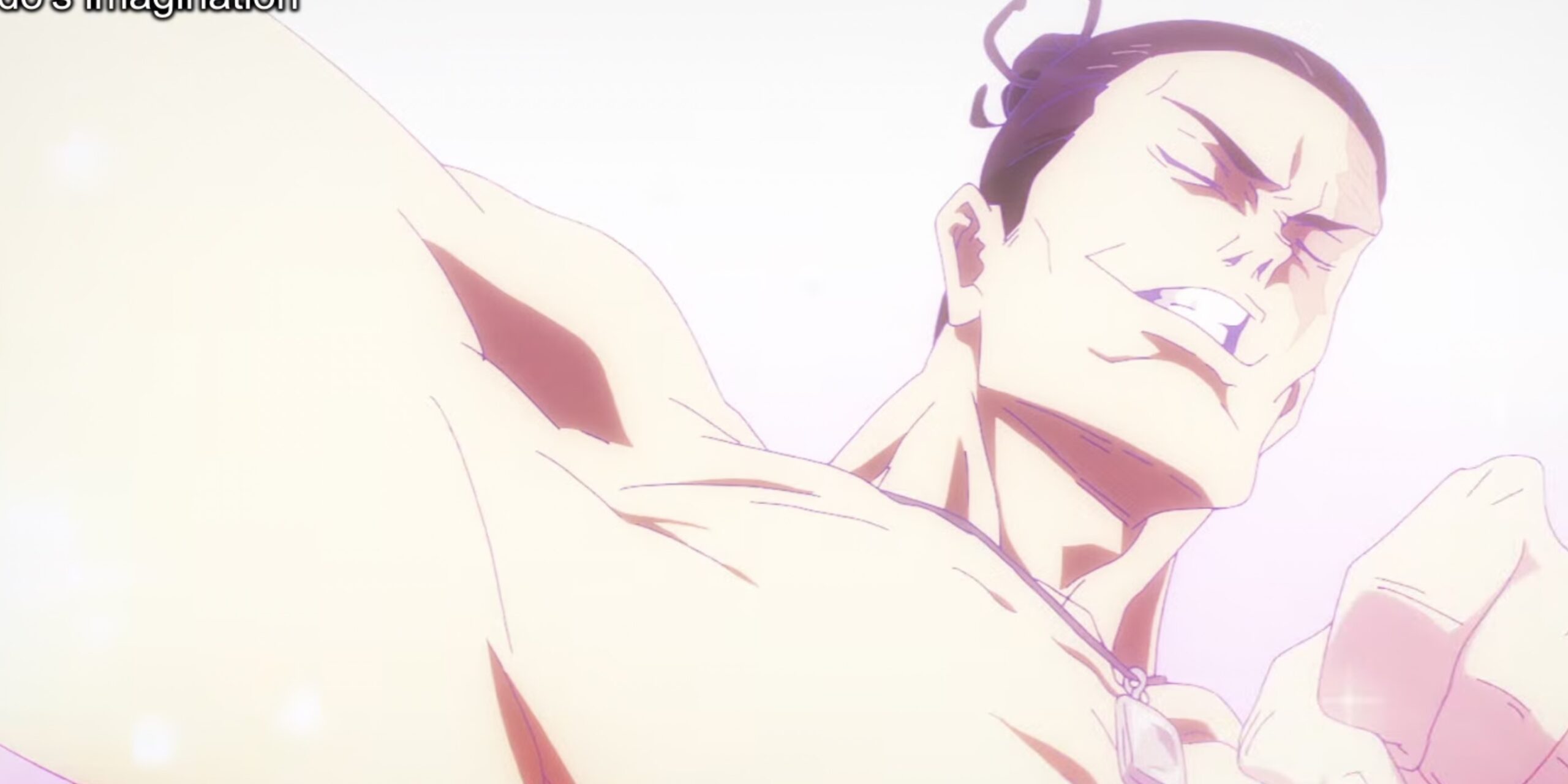
While the cultural context and religious perspectives on crossdressing vary considerably worldwide, the animator showed tremendous grace in their response.
Despite likely having no ill intentions with the scene, they sincerely apologized for any dissent or discomfort it may have caused for that segment of the audience.
This reflects the realities of creating media for a global audience in today’s highly-connected age. What plays well in one cultural context may inadvertently clash with sensibilities or values elsewhere.
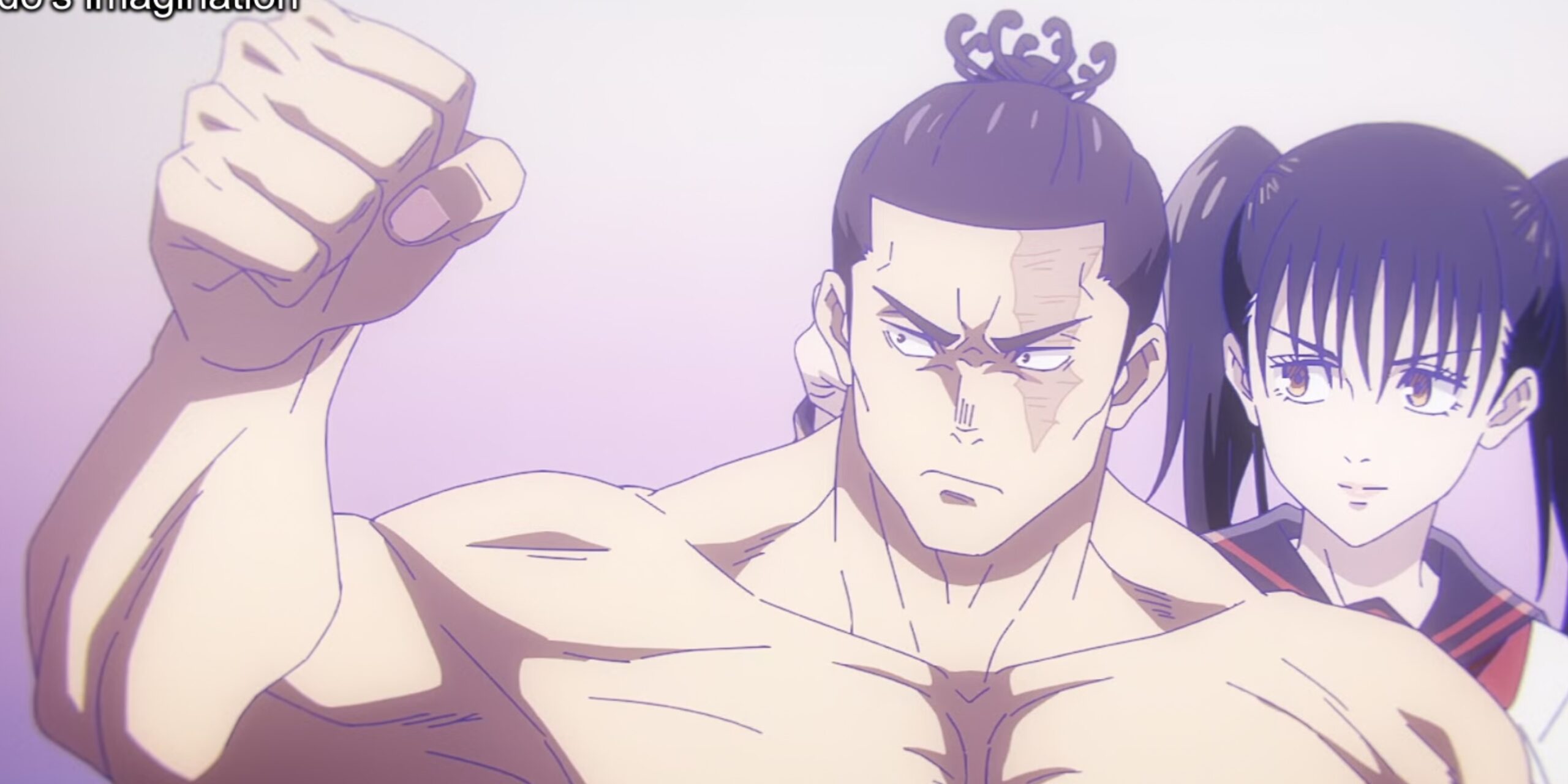
So, while the vitriolic backlash was undoubtedly demoralizing, the animator’s humble apology shows a laudable sense of cultural awareness and sensitivity.
One hopes this incident highlights the importance of cross-cultural understanding in media while emphasizing compassion when providing feedback.
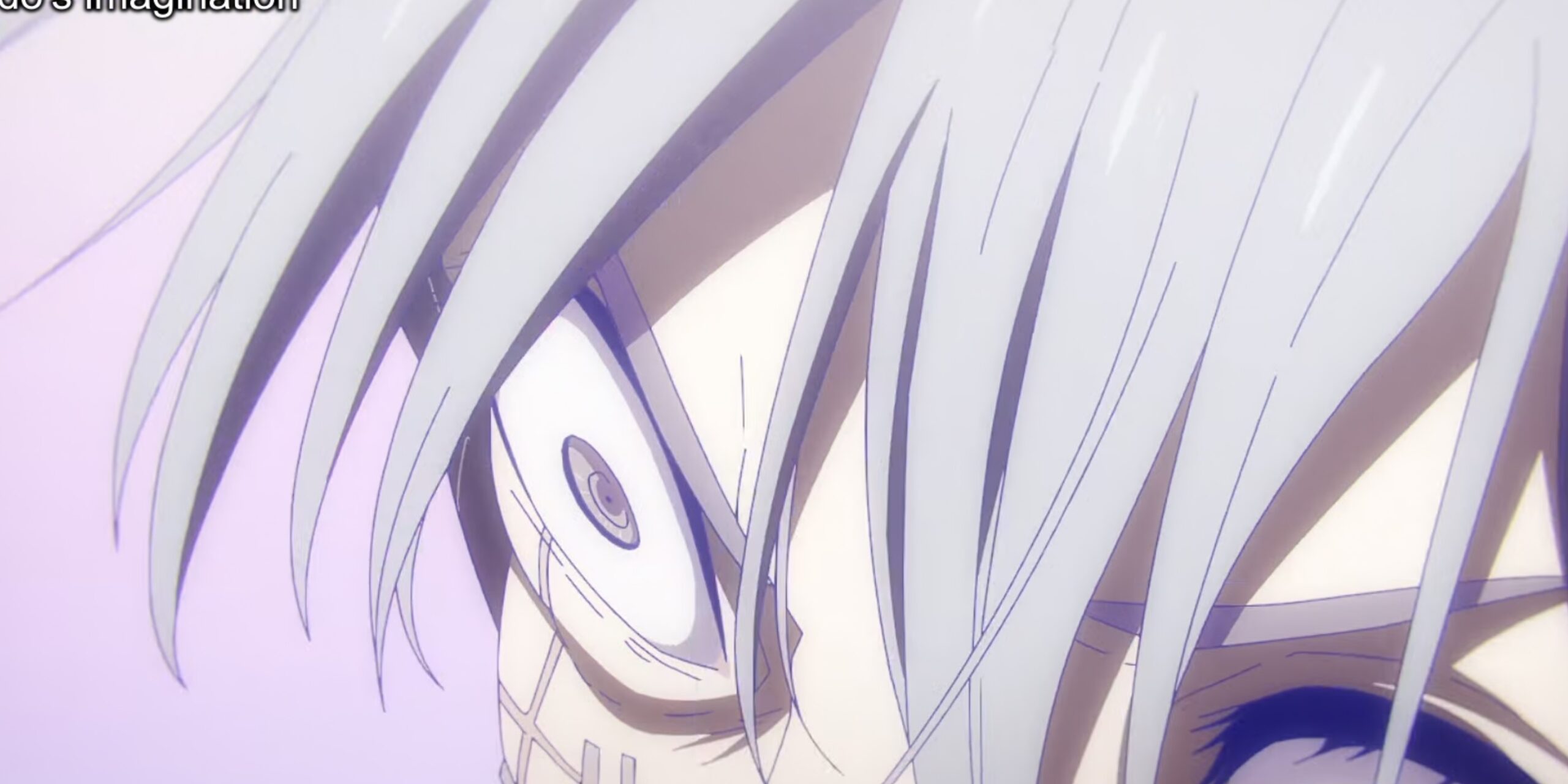
Even for those who take offense, harassment and threats aimed at creators add nothing productive to the conversation.
Through open and thoughtful dialogue, perhaps entertainment content can better navigate diverse cultural perspectives going forward.
After facing intense backlash, the well-intentioned animator hoped to convey his apologies directly to the offended Arabic-speaking fans.
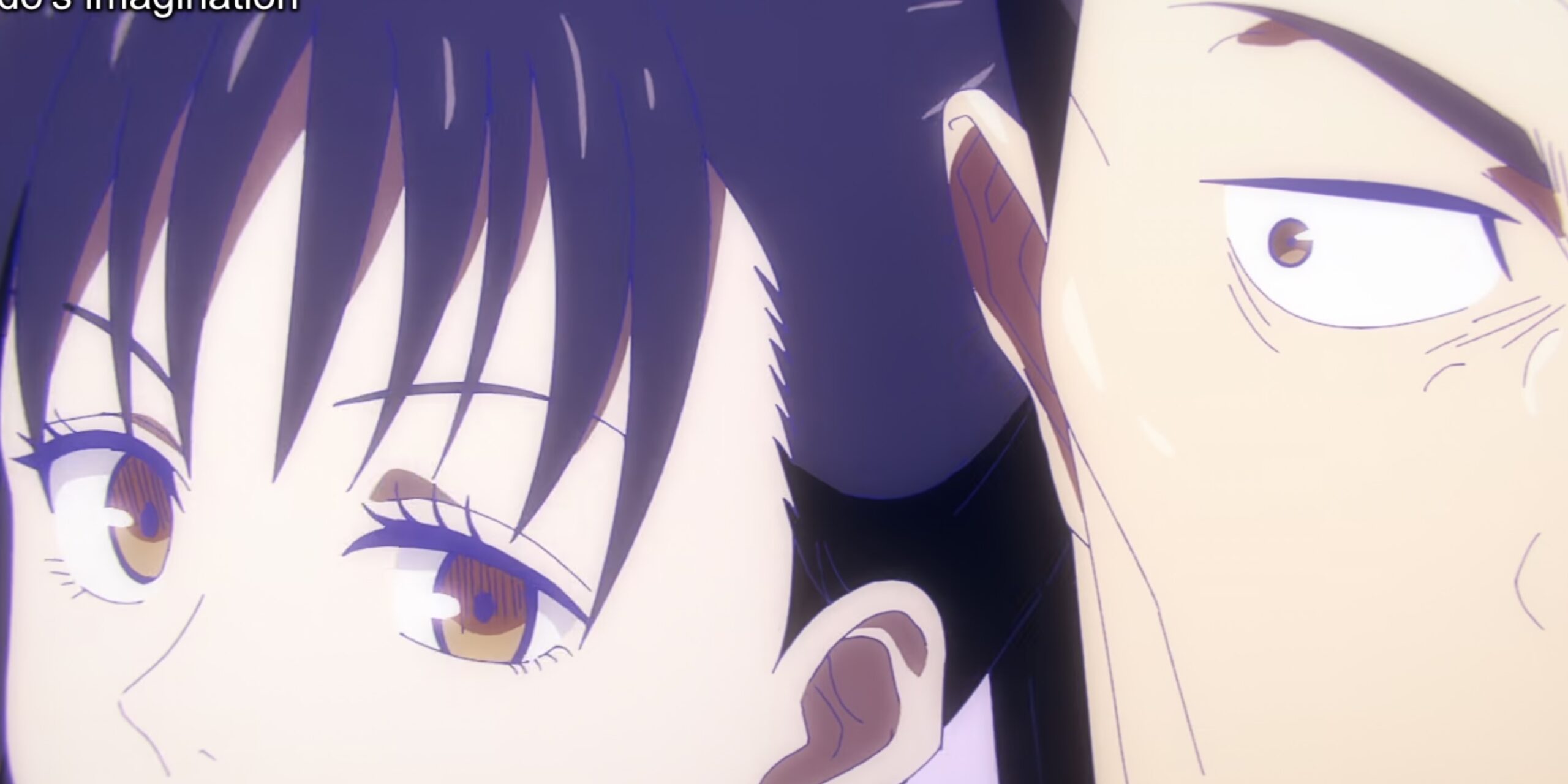
However, not knowing the language himself, he was rightfully concerned about potential translation errors completely changing the meaning of his statement if he attempted to use Arabic, which is why he ended up apologizing in English.

